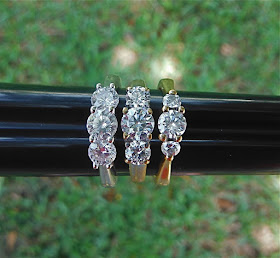After getting kitted out and walking on to the beach, I was immediately accosted by a group of drunk youths asking me what I was doing and how much was my equipment worth.
Not very much as I made it myself was my reply and they backed off when I told them my scoop was very sharp. I was ready to go medieval but it was not necessary as I walked into the water and that put an end to that potential threat.
I continued searching in the water, although I usually would only search inside the ocean after sunrise.
With my back to the beach pinpointing a target, two approximately five foot long spinner sharks passed between me and my search coil.
The sharks pectoral fins brushed against my thighs, luckily I was wearing my brown shorts.
The sharks pectoral fins brushed against my thighs, luckily I was wearing my brown shorts.
That is it I thought, I'd rather take my chances with the land sharks.
About an hour into the beach hunt, a bad thunderstorm rolled over the area.
I headed straight to my car and drove home, drunken lager louts, sharks and lightning, do you think someone was trying to tell me something? lol !
Today's blog is about watching your back at the beach and being aware of your surroundings.
I am sensible now at not taking chances at the beach, starting with parking and sitting in my vehicle for a few minutes to scout the area for unfriendly's.
I also prefer to check a beach out first without carrying my equipment, just in case the beach conditions looks terrible.
Better to take a quick look at the beach conditions than waste money feeding hungry parking meters without knowing if you are going to stay.
I also never get in the ocean before sunrise, automatically taking myself off the breakfast menu.
Some people like to metal detect in the ocean at night, I do not anymore.
Get caught in a rip tide at night and your in trouble.
Not metal detecting at the beach during a thunder storm is a no brainer to me and that was before I heard about a guy getting struck and killed by lightning metal detecting in the water at Jupiter beach.
My metal detector often tells me it's time to go when a thunder storm approaches.
A lighting strike several miles away will cause your metal detector to false.
Better to be safe than sorry, carrying a metal detector and metal scoop on a wide open beach.
Watch your back if you are searching beaches at night and use caution near the water or during a storm as no amount of gold is worth dying for.
Put safety first and what ever it is you are searching for at the beach second.
Put safety first and what ever it is you are searching for at the beach second.










